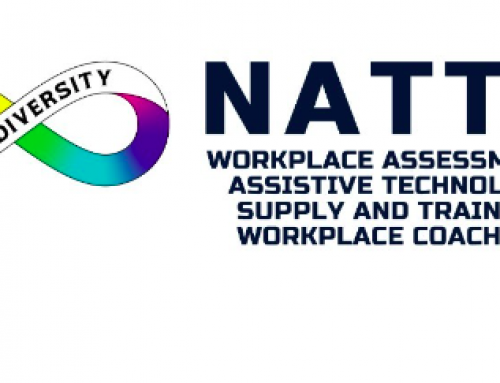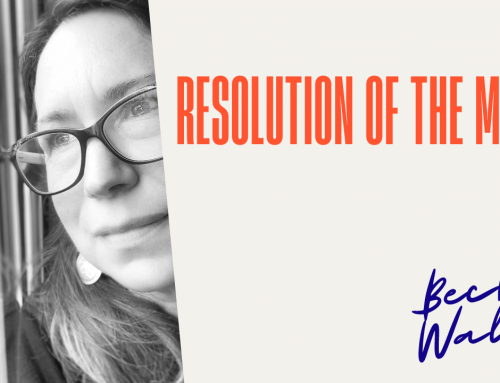Condescending comments, demeaning emails, disrupting meetings, reprimanding someone publicly, talking behind someone’s back, giving someone the silent treatment, not giving credit where credit is due, rolling eyes, and being yelling at if this hasn’t happened to you in your career, you’re likely playing too small!
People can get on our nerves at work, and we can even feel jealous, but it doesn’t mean that we turn into vipers taking a chunk out of colleagues just because we feel irritated.
Work environments play a big part in how people react to each other. Draconian management, who declares ‘power over’ employees can leave people feeling powerless.
Stress levels were monitored using a cortisol test. It was discovered that people at the very top of an organisation had less of the stress hormone cortisol than people in middle management or at the bottom. It came down to the amount of control they felt they had over their working lives and the projects they were working on. When people feel they don’t have any power, they can be driven to suck power out of any situation they feel they can get away with.
Stress puts us into the amygdala part of the brain, the ‘flight or fight’ response. It often means that we are not thinking clearly. We may have more paranoid reactions to situations such as misreading the intentions of an email. We see the world not as it is, but as WE ARE.
You can see how quickly even having one stressed-out person in a workforce can turn an environment to feel toxic.
Giving people a good amount of trust and autonomy is great leadership. It allows people to be the best, rather than the worst of themselves. Creating a ‘yes and’ rather than a ‘yeah but’ environment for creative teams.
In my webinar and talk ‘How to deal with challenging people and situations, I discuss power dynamics from teams to psychopaths.





